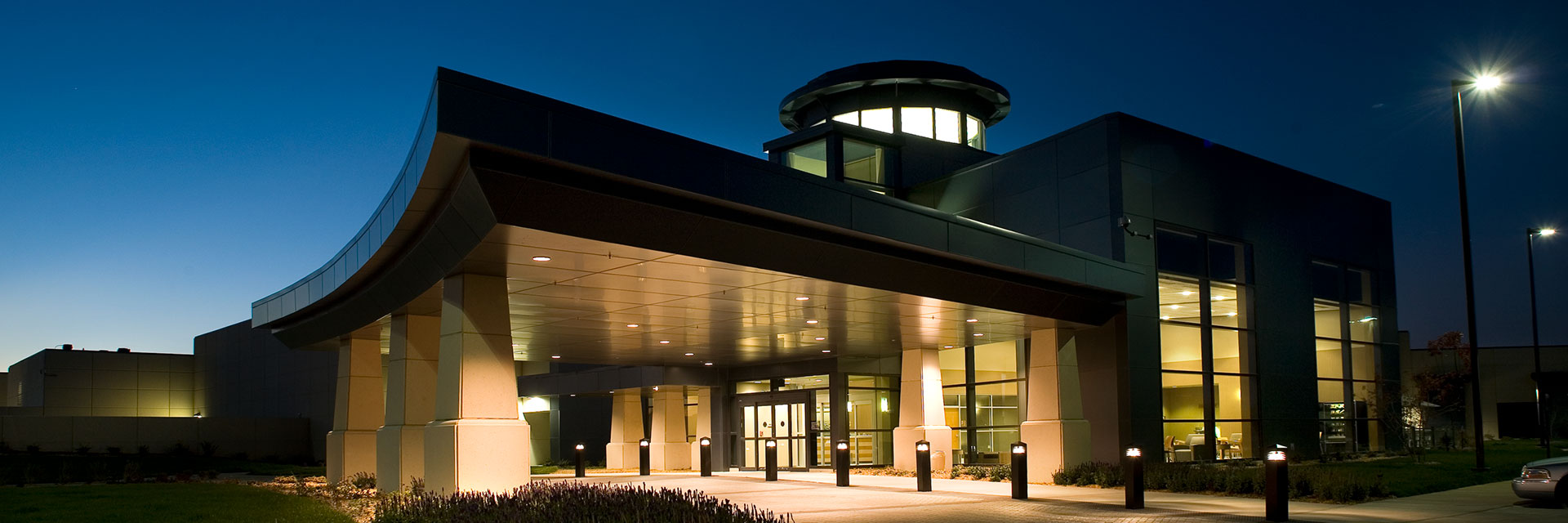08 Aug For specialty hospitals, restrictions on growth
Physician-owned hospitals say efforts to limit their growth make it difficult to plan for the future, not knowing when — or whether — they’ll be able to add services, beds or jobs.
For at least five years, congressional action or talk of it has kept the hospitals from expanding and restricted investment in them.
And the hospitals have no reason to think that will change anytime soon: The current health care debate includes language that limits their growth except in rare circumstances, and the legislation includes retroactive language — so a new project started today wouldn’t be allowed unless it had been completed before a deadline.
The Wichita area has five physician-owned hospitals: Galichia Heart Hospital, Kansas Heart Hospital, Kansas Spine Hospital, Kansas Surgery and Recovery Center, and Kansas Medical Center in Andover.
Together, they have fewer than 300 beds, compared with the more than 1,500 that Via Christi Regional Medical Center and Wesley Medical Center have.
Via Christi and Wesley can expand — Via Christi has a 72-bed hospital under construction at the far west edge of Wichita — but the physician-owned hospitals can’t add operating rooms or new patient rooms or similar facilities.
The restrictions came about as a result of a 2003 Government Accountability Office report that showed specialty hospitals were hurting full-service community hospitals by skimming off the least-sick and best-paying patients.
When that happens, the full-service hospitals said, there isn’t enough money for unprofitable services they must offer, such as indigent care, chronic illness management and behavioral health.
Most legislation that has been introduced or passed since the 2003 report has had a retroactive clause. The hospitals say that keeps them from expanding — or even thinking about expansion — for fear any investment would be for naught.
Stephen Harris, CEO at Galichia Heart Hospital, said, “I’ve been in health care since 1973, so I’ve been watching all these proposed changes for decades. The bottom line is, we don’t know what changes are going to take place.”
That sentiment was echoed by Edward Wade, a board member and chief of anesthesiology at Kansas Medical Center. “Who knows what plans are eventually going to go through?” he asked.
Kansas Medical Center draws the majority of its business from western Butler County and far eastern Sedgwick County. The hospital’s Y-shaped wings would make it easy to expand.
Wade said Kansas Medical Center has never been interested in becoming a 300-bed hospital — but if demand creates a need for a 20 percent expansion to the 58 staffed beds it has now, “then I think we should have the right to do that.”
Thomas Schmitt, CEO at Kansas Spine Hospital, said the specter of legislation keeps physician-owned hospitals from investing, growing or providing marketplace competition.
Wade said, “Is that really fair, to take a piece of the market and say, ‘You can’t do that’? And is it right for the patients?”
Locking one segment out of the market “removes competition,” he said. “And competition, I believe, is the way to really get good patient care.”
Kansas Medical Center has no expansion plans on the drawing board, Wade said, but does want the right to serve its customers in the best way possible.
Harris agreed with that sentiment. He said Galichia has the capacity it needs “for at least the next several years” and isn’t planning any expansion of inpatient facilities.
Outpatient services don’t face as many restrictions, he said. “We think that’s where our growth might be.”
BY KAREN SHIDELER

